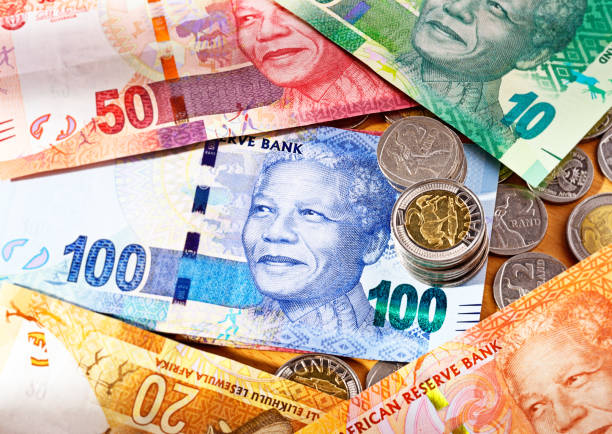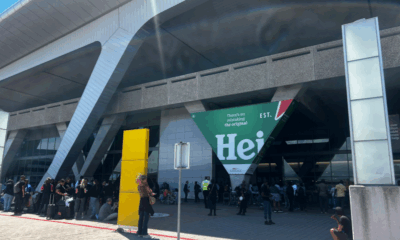News
South African Salaries Slip Again as Municipal Costs Bite

South Africans are taking home less money, and July 2025 offered no relief. The latest BankservAfrica Take-home Pay Index (BTPI) shows average salaries dropped to R17 144 in July, down 1.1% from June and nearly 7% lower than just five months ago.
For households already battling rising food prices, higher fuel costs and record municipal hikes, the news comes as yet another squeeze on strained wallets
The Salary Slide: Who’s Losing Out
The data reveals a telling shift in the job market. Fewer people are landing jobs in the upper brackets of R40 000–R100 000, while more South Africans are working in lower-income categories under R10 000 or between R20 000–R30 000.
This reshuffling has dragged down the national average. Economist Elize Kruger noted that the influx of lower-level jobs, alongside the loss of higher-income roles, explains much of the downward trend.
Inflation vs Reality
On paper, there’s a silver lining: after adjusting for inflation, the average take-home pay of R14 660 is still higher than it was a year ago. With inflation forecast at 3.5% for 2025 and average salary increases sitting above 5%, workers are technically experiencing a second year of real growth in buying power.
But that’s cold comfort when municipal tariff hikes arrive every July. These increases, often far above inflation, chip away at whatever gains workers may have made.
As Kruger explained, July is a “notorious” month for salary earners, as households feel the pinch of electricity, water, and rates bills rising faster than pay cheques can stretch.
The Public Mood: “More Month Than Money”
On social media, frustration is brewing. X users summed it up bluntly:
-
“My salary went up 5%, but my water and lights bill doubled. Where’s the growth?” wrote one Johannesburg resident.
-
Another quipped, “We should add a new line item to payslips: ‘Municipality deduction’.”
The sentiment is clear: while economists crunch numbers showing theoretical growth, many South Africans feel poorer in practice.
What It Means for Workers
For professionals, the shrinking upper bracket signals fewer high-paying opportunities, while new entrants to the workforce are increasingly joining at lower pay scales. This could widen inequality if the trend continues.
For households, the challenge is more immediate: balancing everyday essentials when the basics – water, electricity, and rates – consume more of the monthly paycheque.
South Africa may technically be on a path of real wage growth, but on the ground, workers are left asking whether their salaries are keeping pace with the lived cost of survival.
Source:The South African
Follow Joburg ETC on Facebook, Twitter , TikTok and Instagram
For more News in Johannesburg, visit joburgetc.com



























